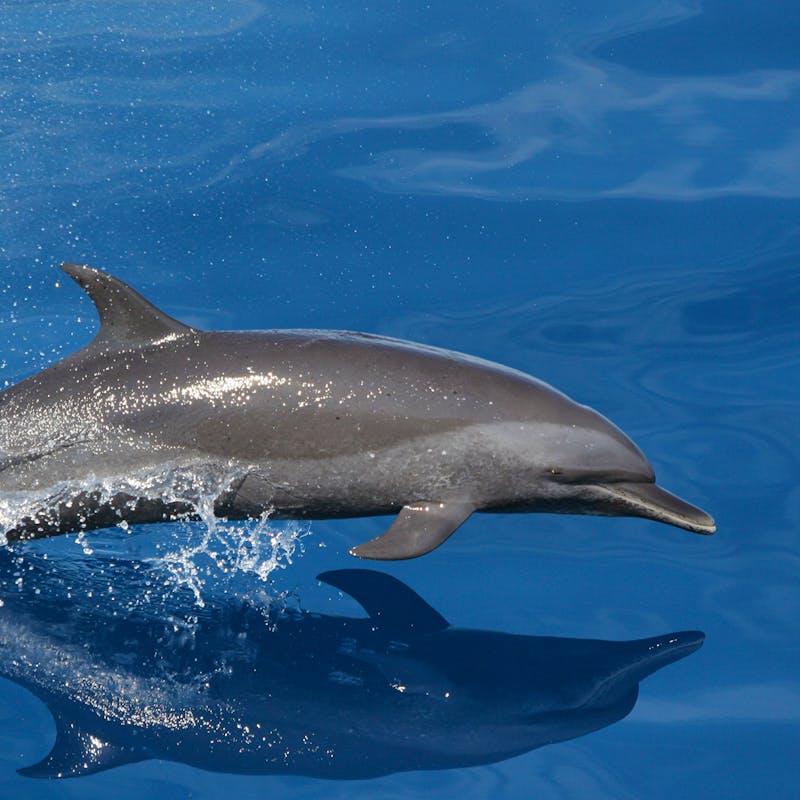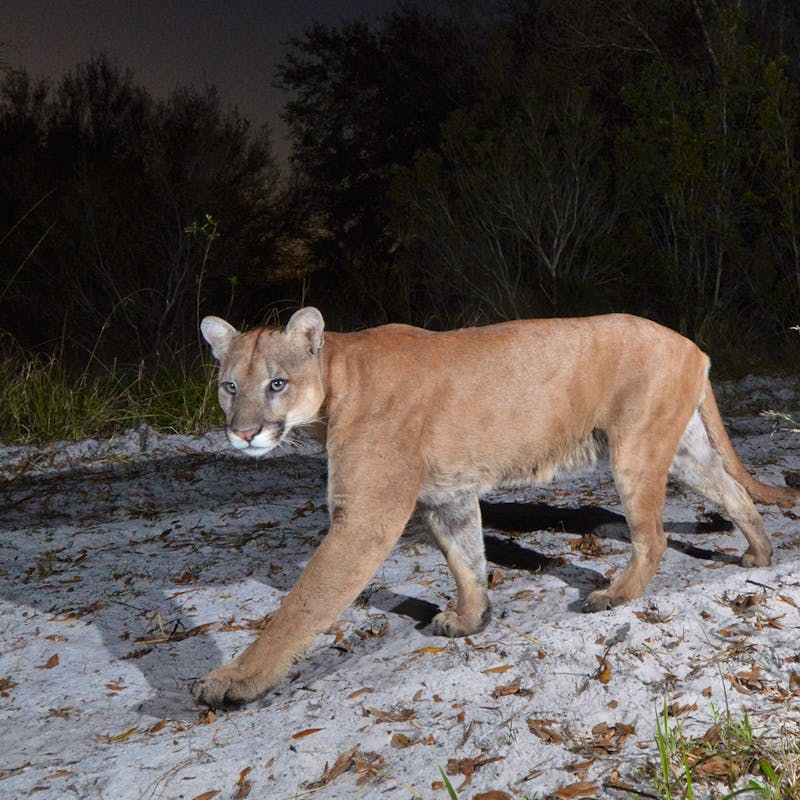This entry is posted by guest blogger Tim Male, vice president of Conservation Policy for Defenders of Wildlife.
Yesterday, the White House announced a set of priorities for emergency supplemental funding associated with the ongoing Gulf oil disaster. The legislative package laudably focuses on steps to reassure consumers that seafood coming from the Gulf is safe, food aid and jobs assistance for people and communities affected by the oil spill, and raising liability caps and a 1 cent per gallon increase in the excise tax on oil companies to fund the Oil Spill Liability Trust Fund that will eventually repay the cost to the taxpayer to clean up this mess.
However, on the day when the government announced that the first dead marine mammals affected by the spill have washed up on Gulf beaches, more needs to be done for wildlife.
Here are some common sense additions that Congress should make to the President’s funding package to help America’s wildlife recover from the Gulf oil disaster, all of which should subsequently be reimbursed by BP:
- The U.S. Fish and Wildlife Service is building new science capacity in a number of regions to better identify and prioritize America’s most important wildlife resources – but not yet the Gulf . Funding an additional effort in the Gulf is an obvious need, at a time when state and federal wildlife agencies are struggling before most of the oil hits the beaches and marshes just to understand what wildlife resources are at risk and what to do to restore the damage to wildlife from the oil.
- America’s National Wildlife Refuges and Estuarine Reserves are on the front line as oil reaches the shores of the Gulf, yet these protected areas are woefully unprepared to meet this threat because they haven’t had the equipment or training or funding to do so. These public resources need a better defense and should receive funding so they can purchase and have equipment on hand to meet the spill as it comes ashore in coming weeks and months. In addition, the U.S. Fish and Wildlife Service’s Environmental Contaminants program is on the front line of the agency’s response to the Deepwater Horizon spill and other natural resource disasters but is in desperate need of additional expert contaminant biologists.
- The worst part of this spill is yet to come because the long-term damage to the environment will be felt for decades. The new science of Ecosystem Services provides ways to value long-term costs to the public of lost storm protection, water filtration, hunting, fishing and other values when a spill like this happens. Congress should provide immediate funding, $1 million or more, to the National Academies of Science to carry out a one-year evaluation of the long-term Ecosystem Service costs of the spill – this study is critical in ensuring that BP pays the full bill from the spill.
- Sea turtles are one of the Gulf coasts most precious wildlife resources – and the Gulf oil disaster could not have come at a worse time for sea turtles given their breeding cycle. Females are coming ashore now to lay eggs and their babies will be heading to sea through contaminated sand to drift in polluted waters this summer. But we can give them a head start to escape some of the spill’s worst effects if federal agencies and states are given additional resources to shepherd beaches, protect eggs and help newly emerged nestlings make it safely to sea, while oil cleanup efforts continue. Right now, agencies have funding to do this in scattered beaches along the coast – they need new resources to help the Gulf’s five species of sea turtles survive and thrive.
Read the request from President Obama and details of legislative package.




